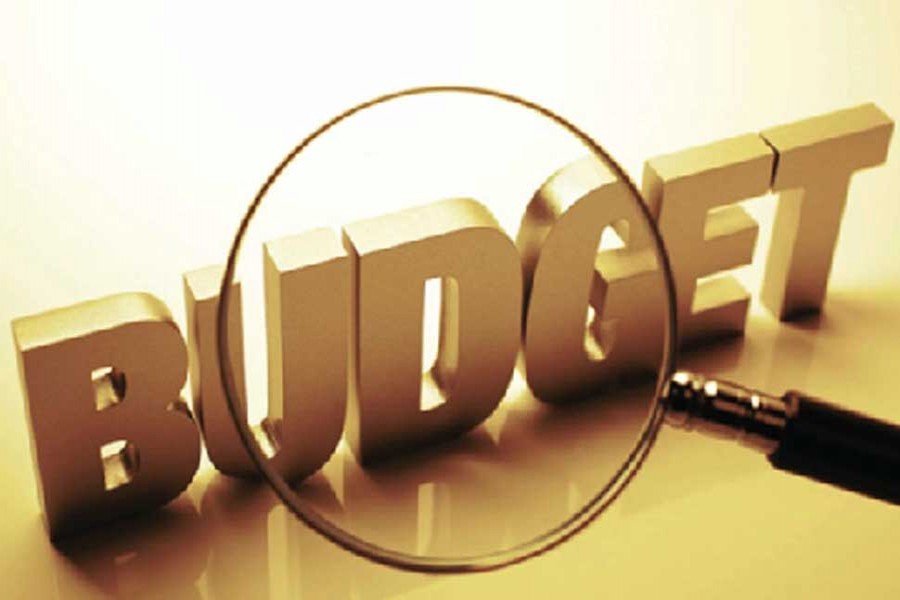There was a time when the slightest leakage of information related to the national budget compelled the country's finance minister to resign. At that time, the preparation of the budget was considered as the exclusive privilege of the mandarins of the Ministry of Finance.
This trend has changed over the years. Globalisation, free market economy and an important contribution of the private sector to the national economy have brought an end to the absolute authority of bureaucracy in budgetary affairs. Presently pre-budget discussions are held between the Finance Ministry and various trade bodies, business leaders, think tanks, economists etc. Economic thinkers and columnists also play a great part as they provide various suggestions through both the print and electronic media. In fact, the size of the budget and other possible steps/measures to be taken are known well ahead of the day when the national budget is placed at parliament. Undoubtedly this is the most ideal form of preparing a budget where transparency is ensured. People's involvement either overtly or covertly in the economic activities of the country is sine qua non for achieving national economic goals. However the responsibility does not end by placing the suggestions only.
Trade bodies, economists and other experts also need to study various budget documents published by the Ministry of Finance. To a great extent, these players need to play the role of 'watchdog'. This is not merely to criticise the government. Dissemination of information regarding the budget will help raise awareness of the people about economic activities being carried out by the government. It should be remembered that stakeholders of the budget are not a section or group of people but the entire nation. Moreover, some invaluable books such as Economic Survey, Performance of the Banks and Financial Institutions are published by the Ministry of Finance along with the budget speech. The above mentioned books are vital for academicians, economists, think tanks and even individuals. But these are not easily available in the market.
Since the government has not fixed any price for these books, sellers sell these books at various prices. It is not clear how and under what system these publications are available in the market. But some book sellers happen to collect them and sell at whimsical prices. There is no reason to consider the budget and relevant other documents classified.
After placement of the budget in parliament, these publications should be put on open sale. No special method should be followed to select the book vendors. The price of the books can be fixed by the government. In neighbouring India, such publications have been made available for sale and can be purchased from any corner of the country.
This action should not be confined to the budget documents and papers only. Let us cite an example. General Economics Division (GED) under the Planning Commission of the Government of Bangladesh published a book entitled 'Perspective Plan of Bangladesh 2010-2021: Making Vision 2021' in 2014. Subsequently it was reprinted in 2018. Only 500 copies were reprinted. This is a very poor figure. Ruling party leaders have been talking about 'Vision 2021'. Many people from all walks of life are not aware of Vision 2021 and how this will bring about a change. So this book is necessary for all of them. In this connection, it should be mentioned that as soon as various laws and acts are enacted by the parliament, these are put on open sale, of course after fixing the price. Budget papers and other economic reports are no less important than the acts and rules. Immediate steps should be taken to ensure the availability of these books and their sale in a transparent manner.


